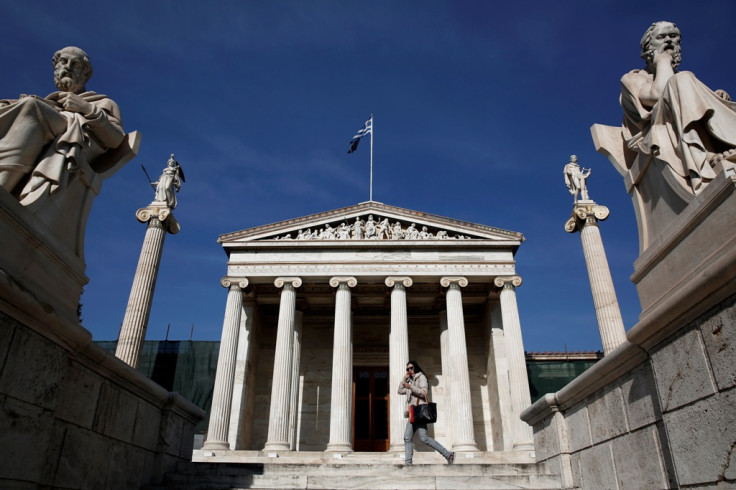Greece May Need Further Bailout Says IMF's Reza Moghadam

Greece may need additional financial help from the Eurozone over the next two years, despite its successful return to bond markets this week, the International Monetary Fund's director for Europe, Reza Moghadam, said on 11 April.
"The financing needs for the next two years remain very large. There will be continued need for support," Moghadam told a news conference during the IMF and World Bank spring 2014 meetings in Washington DC, Reuters reported.
Capital Economics said in an 11 April note to clients: "Greece's return to the bond markets last week might appear to mark the end of the euro-zone crisis which began when the true extent of the same country's fiscal problems came to light in 2010.
"But given continued doubts about fiscal sustainability and rising political pressures across the periphery, it would be wrong to conclude that the crisis facing the region is over."
On 10 April, Greece sold $4.2bn (£2.5bn, €3.02bn) worth of bonds to investors, who had hitherto shunned Greek debt.
The deal was oversubscribed by more than six-times, attracting orders of around €20bn.
The five-year bond issue is the nation's first since it was frozen out of international markets in 2010 and a sign that the country is emerging from its financial crisis.
The sale was preceded by a bomb blast in Athens, outside the Bank of Greece.
In March, ratings agency Standard & Poor's left Greece's credit rating at 'B-' or six rungs below investment grade, saying the nation's debt remains large even as its fiscal performance improves.
The European Commission has forecast Greece's debt to gross domestic product (GDP) ratio to be 177% this year, the highest in the European Union.
Since 2010, Greece has relied on bailout money from the European Union, coupled with deep spending cuts and economic reforms to battle its fiscal crisis.
© Copyright IBTimes 2025. All rights reserved.






















